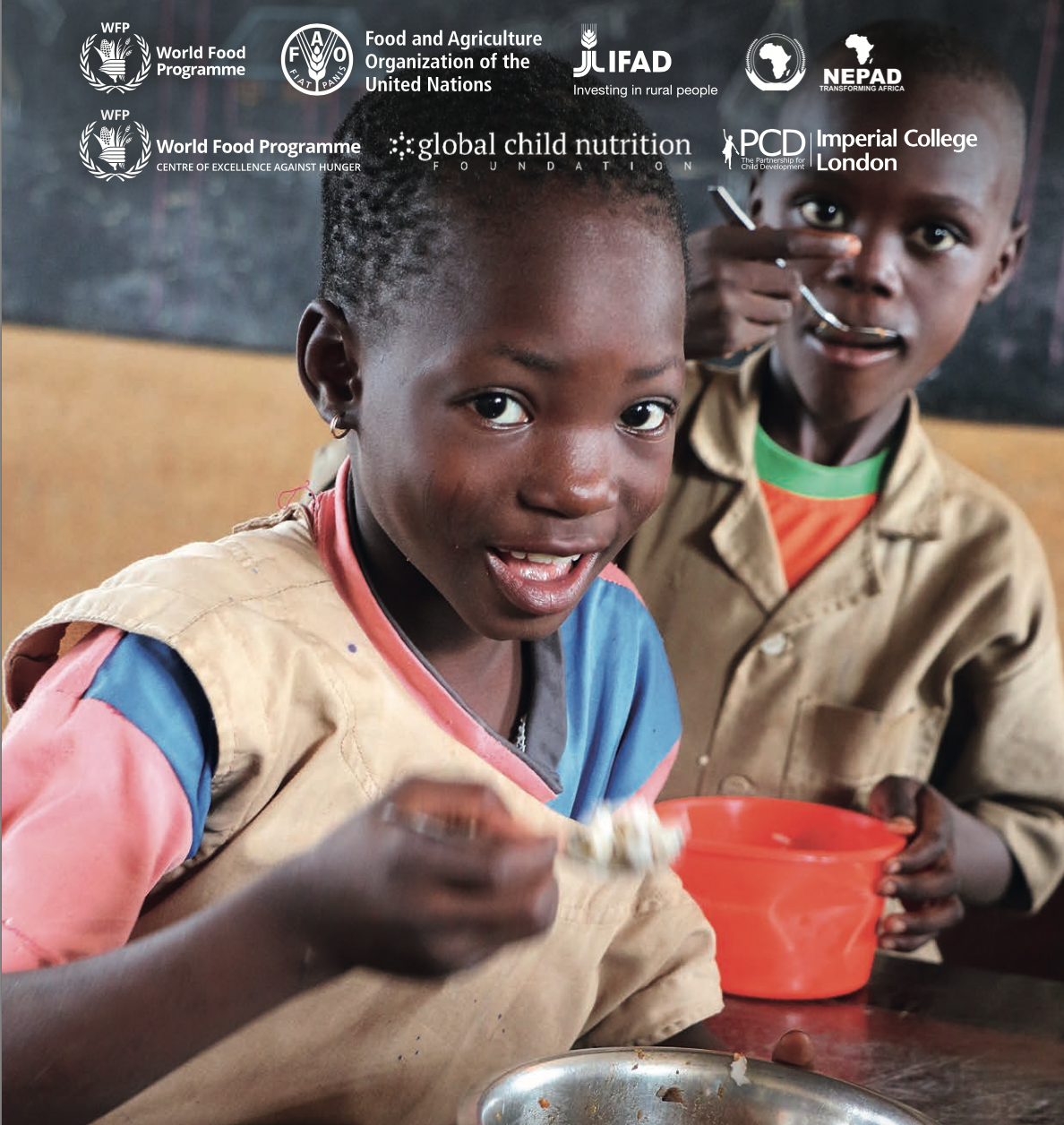Education
Home-Grown School Feeding Resource Framework

This Resource framework is intended as a guidance tool for stakeholders involved in programme design, implementation and monitoring of Home-Grown School Feeding Programmes and the related policy and institutional environment, including, inter alia: governments and development partners providing technical and financial assistance, as well as civil society, community based organisations and the private sector. It is a knowledge product that harmonizes the existing approaches and tools, and builds on the wealth of expertise and experience with home grown school feeding models i.e. those designed to provide children in schools with safe, diverse and nutritious food, sourced locally from smallholders, with multiple impacts on SDGs. This knowledge product contains a discussion of concepts, issues and experience , as well as other considerations and elements of relevance to home grown school feeding programmes. This lays the ground for a community of practice to support innovation and learning, as well as replication, adaptation and expansion of successful models of interventions, for impact at scale.
This publication is the result of a broad based collaborative effort initiated and coordinated by the World Food Programme. It is authored by a team composed of experts from Rome-based Agencies including the Food and Agriculture Organization of the United Nations, the International Fund for Agricultural Development and the World Food Programme and from other partners including the Global Child Nutrition Foundation, the Partnership for Child Development, the New Partnership for Africa’s Development and the World Food Programme Centre of Excellence in Brazil. It has benefited from comprehensive reviews and wide consultations among the partner organizations at global, regional and country level, as well as with experts and members of various governments and relevant stakeholders at several relevant venues for learning and policy dialogue.
The Home-Grown School Feeding Resource Framework is available here.





